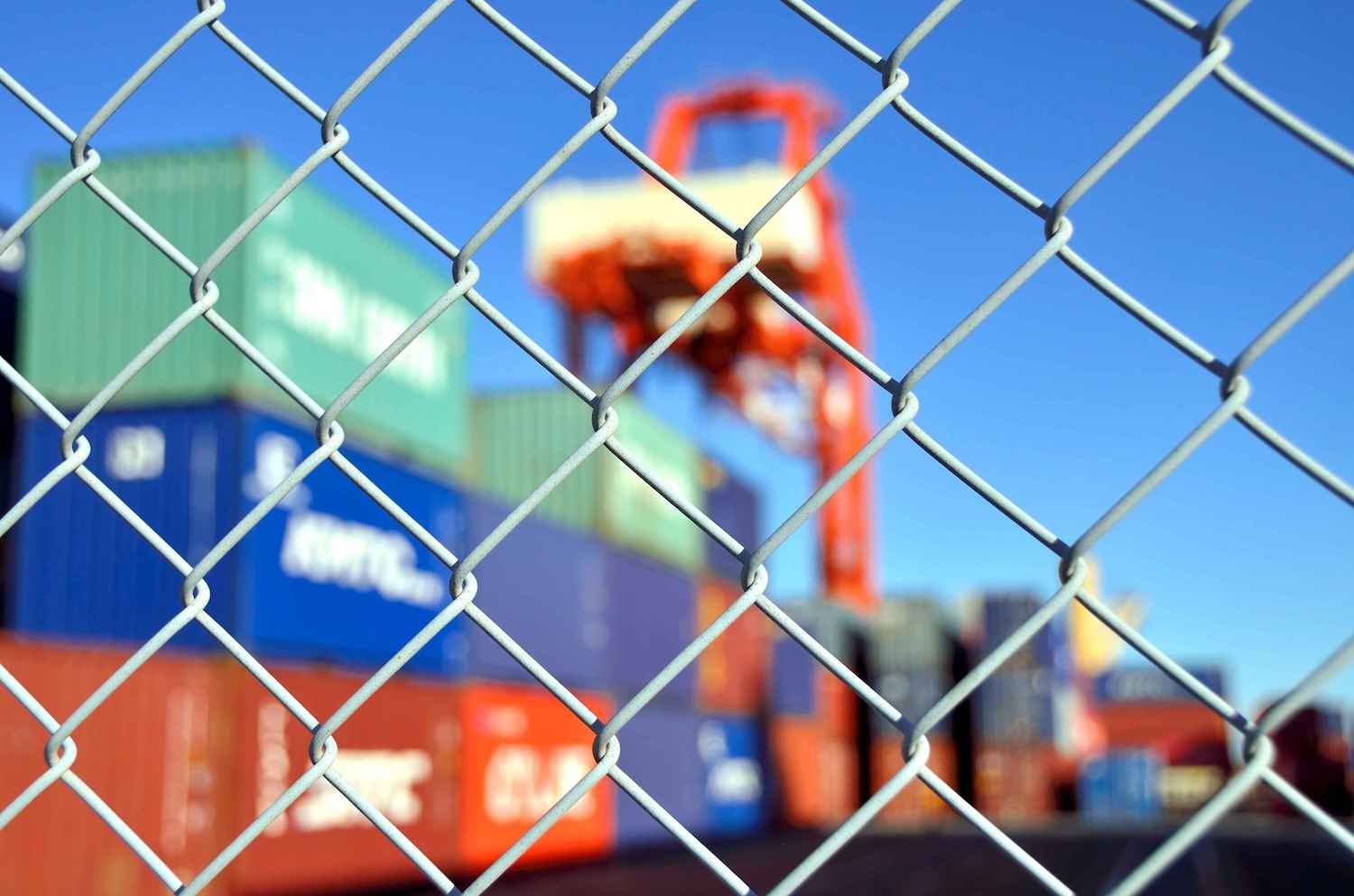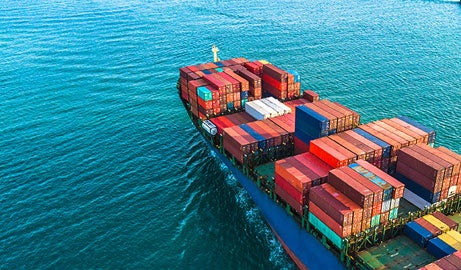Still Exploring?
Looks like you’ve been exploring our platform.
Want to see everything in one place?

Scegliere la giusta soluzione di gestione della sostenibilità della supply chain per la tua azienda non è facile, ma puoi imparare da chi ha già trovato la soluzione adatta alle proprie esigenze. Partecipa al nostro webinar per ...

Ab 1. Januar 2023 wird sich mit der Umsetzung der ersten Stufe des Lieferkettensorgfaltspflichtengesetzes (LkSG) für Unternehmen im Hinblick auf ihren Umgang mit Menschenrechten und den damit verbundenen Verpflichtungeneiniges ä ...

Join our fireside chat discussion around what your company can do to stay ahead of this evolving legislation, and ensure you maintain market access.

On June 22, the U.S. government will begin enforcing the Uyghur Forced Labor Prevention Act (UFLPA), presenting a significant business risk to companies sourcing from China. Under the act, any goods imported into the U.S. made who ...

The conflict minerals reporting deadline is coming up. You have the data needed from your supply chain. But, what comes next? Join Assent’s conflict minerals experts as they discuss how to complete a conflict minerals filing, id ...
Meet Assent’s Regulatory Compliance Expert Cally Edgren.

When the German Supply Chain Act (GSCA) — or Lieferkettensorgfaltspflichtengesetz (LkSG) as it’s known in Germany — comes into force on January 1, 2023, it will mark a significant change in how businesses are expected to add ...

The U.S. Environmental Protection Agency (EPA) has major updates planned for the Toxic Substances Control Act (TSCA) in 2022. The enforcement deadline for PIP 3:1 is set for March 8, 2022, but that can change with little notice. T ...
Get Help using The Assent Materials Declaration Tool